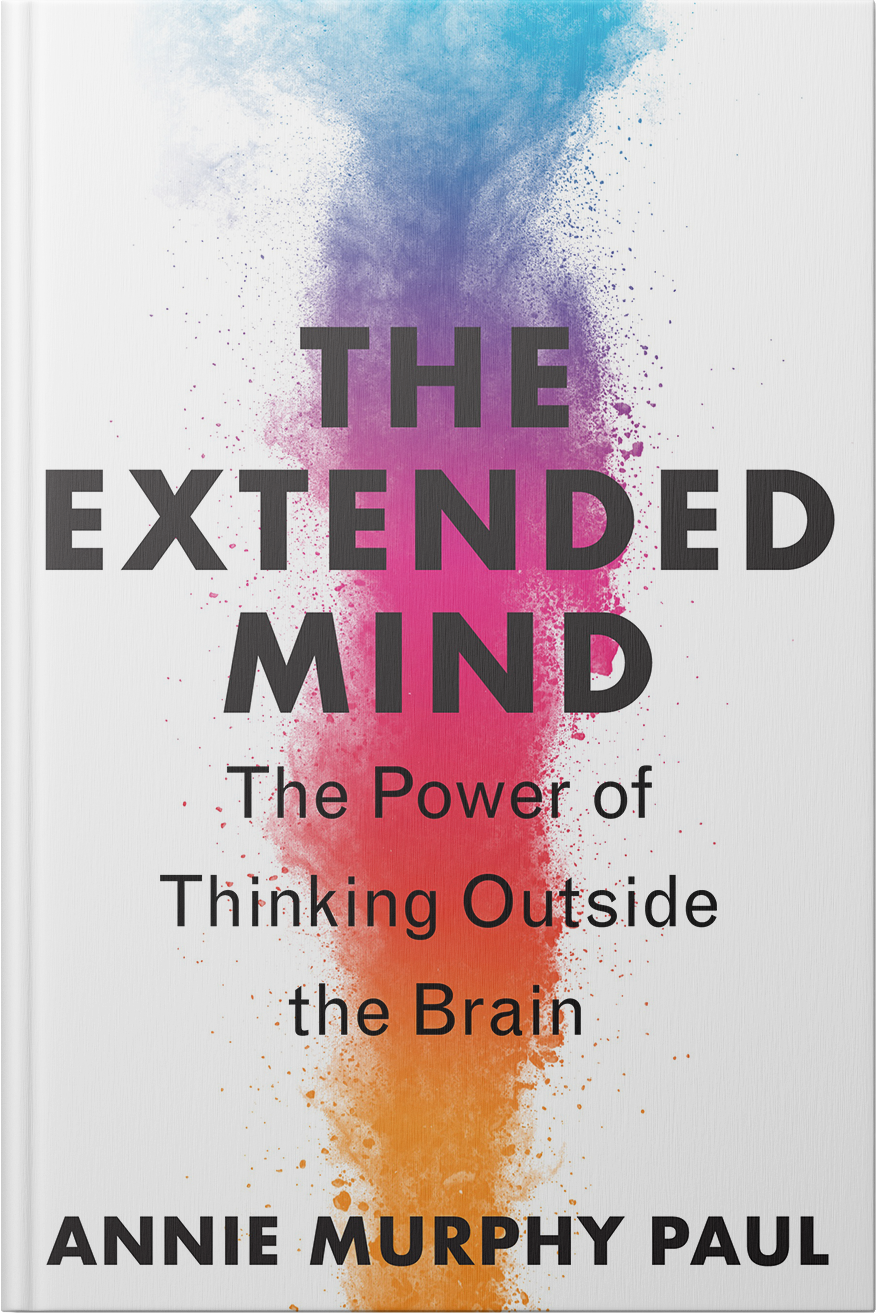Imagine a real-life mind meld, in which one brain communicates directly with another. New advances are making this possible—taking people “beyond the confines of their bodies, creating a sort of extended cognition,” writes Laura Sanders in Science News.
She points to the research of neuroscientist Rajesh Rao of the University of Washington. In his lab, Sanders reports, Rao set up “a three-way direct brain chat, in which three people sent and received messages using only their minds while playing a game similar to Tetris. Signals from the thoughts of two players’ brains moved over the internet and into the back of the receiver’s brain via a burst of magnetic stimulation designed to mimic information coming from the eyes.”
As interesting as this is, it occurs to me that humans already do a pretty good approximation of mind-melding—for example, via the phenomenon known as shared attention. Research shows that the perception that we’re attending to information along with others changes the way we think about that information: it increases its psychological impact.
We learn things better when we attend to them with other people. We remember things better when we attend to them with other people. And we’re more likely to act upon information that has been attended to along with other people.
All this enhanced mental activity flows simply from an awareness that we’re attending to information with another person. We’re already influencing each other’s brains all the time—no specialized equipment required.
Here’s Sanders’s article:
“Three visions of the future, inspired by neuroscience’s past and present”
Laura Sanders, Science News
